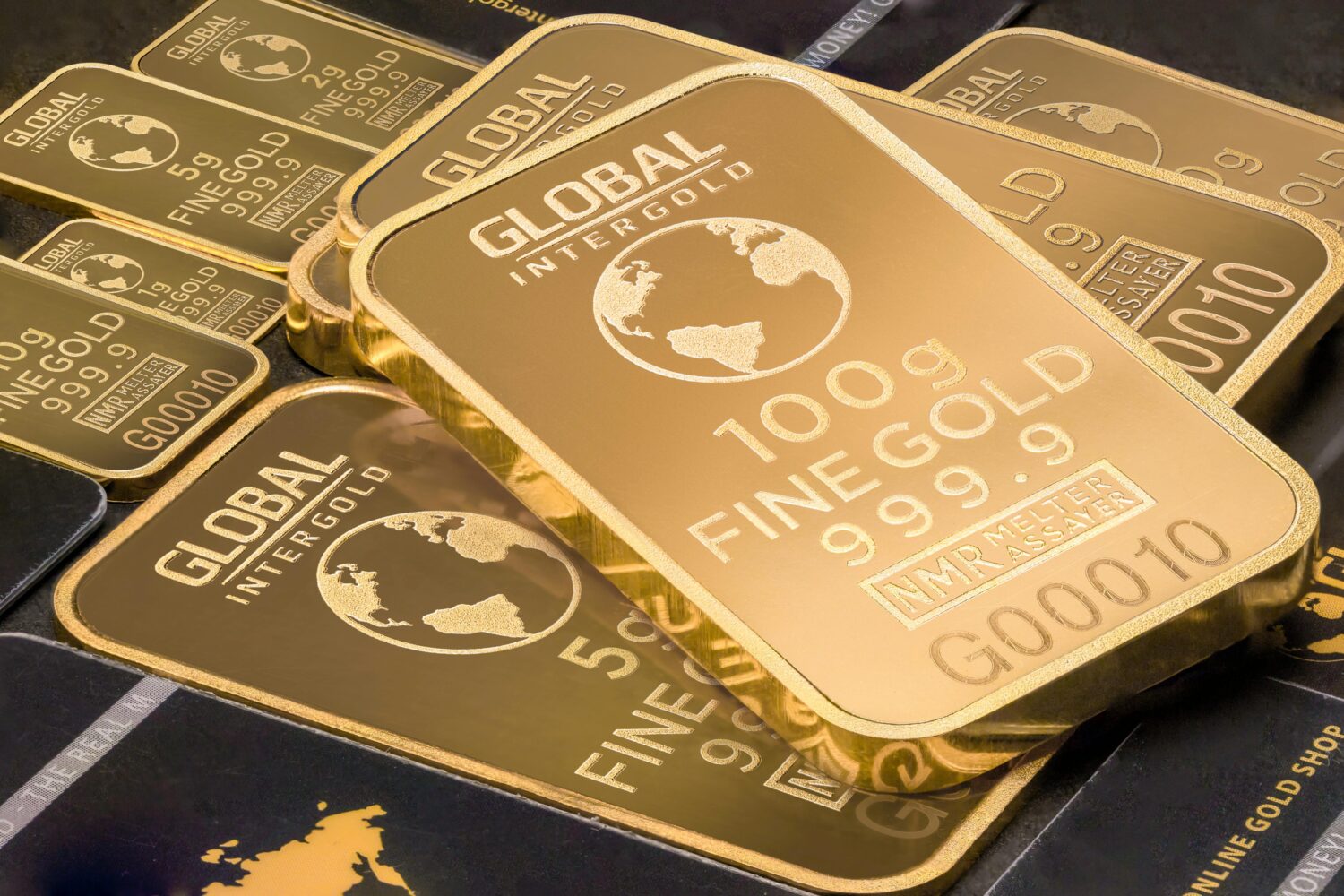But the storm is far from over.
Gold prices have been on a meteoric rise in 2025, shattering records and stirring excitement and anxiety among investors.
On April 14 2025, gold briefly touched an all-time high of $3,245.42 per ounce before retreating to $3,213.69 as of 1:52 p.m. ET.
But, How Did We Get Here?
President Trump’s looming semiconductor duties still hang over markets, though, keeping volatility alive.
“The exemption boosted risk appetite, leading to reduced demand for gold,” noted analyst Tim Waterer, yet “ongoing trade tensions and a weaker U.S. dollar continue to create uncertainty,” he warned.
This slight dip followed the White House’s announcement exempting smartphones and computers from steep tariffs on China.
This momentarily improved risk sentiment and reduced the safe-haven appeal of gold.
However, the underlying factors driving gold’s ascent remain potent.
Goldman Sachs has raised its year-end forecast for gold to $3,700 per ounce.
This shows stronger-than-expected central bank demand and heightened recession risks that can affect ETF inflows.
Technical analysts suggest that gold’s rally is far from over, with potential upside targets of $3,380 based on current trends.
It Isn’t Just Gold Taking a Breather
Silver slipped over 1% to $31.89 per ounce, while Platinum edged up 0.4% to $945.96, and Palladium climbed 1% to $924.60.
These mixed moves tell us that while gold steals headlines, the entire precious‑metals complex is jittery.
What About Its Shares?
In the broader market, the SPDR Gold Shares ETF (GLD) is currently trading at $296.23.
This price reflects the ongoing volatility and investor interest in gold-backed assets.
As Global Economic Uncertainties Persist…
…gold continues to be a focal point for investors seeking a hedge against volatility.
While the recent pullback may offer a brief respite, the factors propelling gold’s rise suggest that the precious metal’s journey is far from over.



